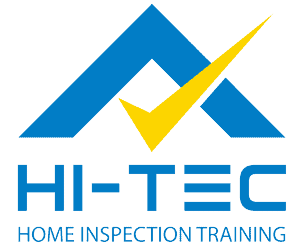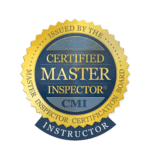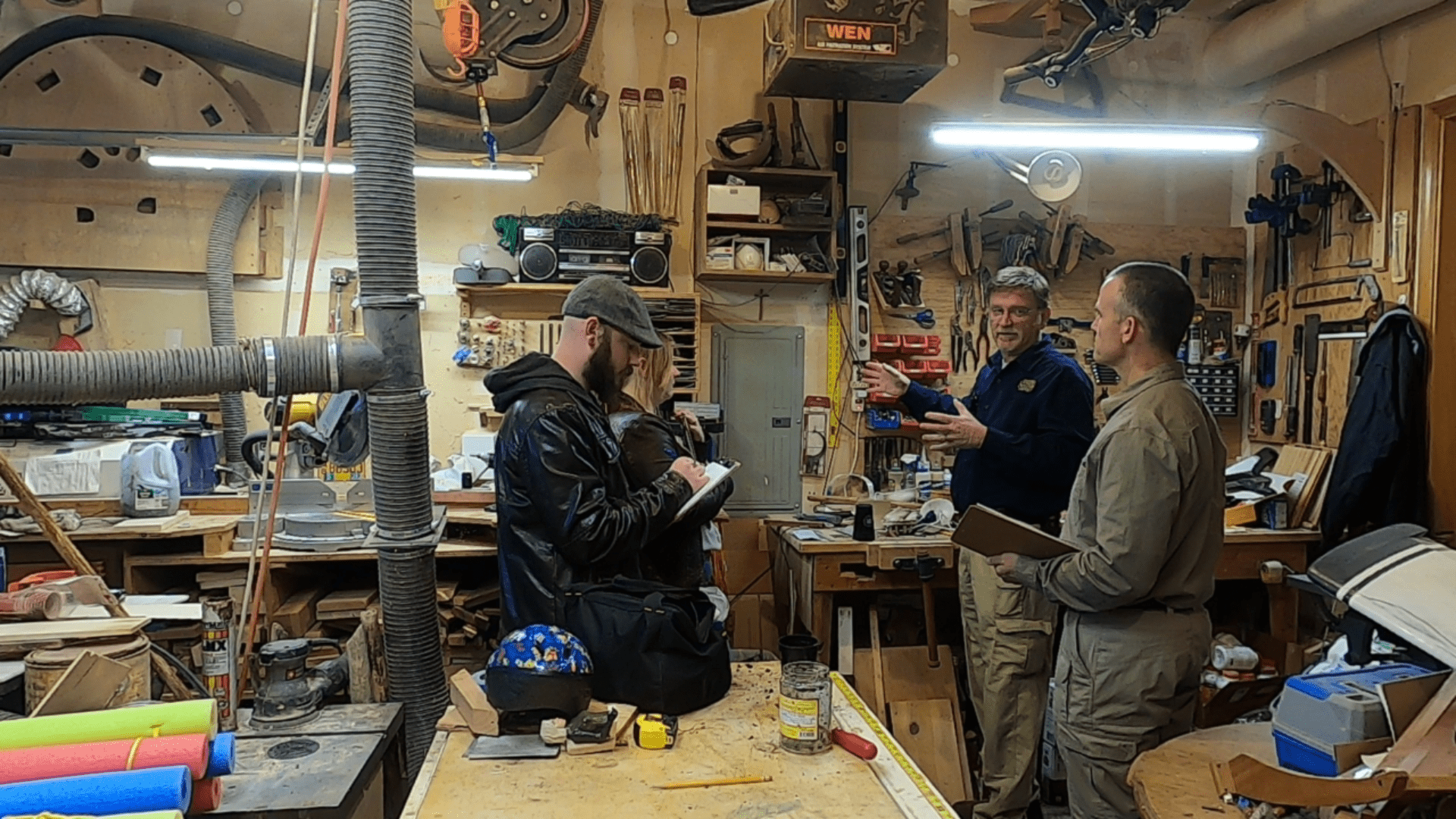Why the “Obvious” Perspective is So Dangerous
What is the Obvious Perspective? Simply put, its using the word obvious in your discussions with the client. Early in my career, I used it a lot when discussing deficiencies with my client, and it got me into trouble in so many ways, my head was spinning after a couple hundred inspections. Here are the top reasons to avoid using this dangerous tool when talking to your client.
1: Its Arrogant and Condescending
We think that when we say something is obvious that is demonstrates our superior technical knowledge and results in impressing the client and real estate professionals we’re working with. Nothing could be further from the truth.
Through client and agent feedback, I quickly learned how many people interpret our communications as talking down to the client and treating them as inferior. This results in the client walking away from the home inspection with a bad feeling about the inspector – even when they can’t explain why. That bad feeling becomes animosity and results in angry phone calls from the client after they move in and find a bad dimmer switch in the dining room. Clients will quickly remember how smart you told them you were and be quick to call you up and ask if you’re so damn smart, how could you have missed something so simple and OBVIOUS?
Eliminate the word from your vocabulary and focus more on translating your expert knowledge into everyday terms and your client will like you, and have a solid sense of having truly been helped in their search for a new home.
2: It Really is NOT Obvious
As a home inspector, you had to take a tough class, pass an even tougher exam, and maybe spent a lot of time in the field with someone with a lot more experience than you to get your career started. There’s a reason for this process in so many states: the inspector LEARNS by accumulating knowledge about the various systems and components of a house. In other words, the deficiency is not obvious, you’re applying your learned knowledge to a practical situation and sharing it with someone who hasn’t made the same investment.
Whatever the deficiency or condition, to you, it is as plain as the nose on your face, but to the client, it’s a fact you helped them uncover before they learned about it after moving in. That’s what they paid you for. If it were truly obvious, the client would have seen the deficiencies on their own, avoided listening to the inspector brag on themselves for 3 hours, and saved $450!
3: The Only Absolute is That There Are No Absolutes
Ah, the paradox of it all! The word obvious is an absolute, and in our profession, there are none. So many things are possible in a home with so many variables affecting the conditions we find, we quickly learn how most implications cannot be determined until we look deeper into the home.
For example, structural movement determined by a pyramid crack in the foundation wall structure, sloping floors inside the house, and moisture penetrating the crack in the basement is determined throughout the course of the inspection, not conclusively by any one of these single deficiencies. It takes a trained professional to see the pattern, recognize the implications, and document accordingly. By very definition, it can’t be obvious.
In conclusion, the next time you want to use the word, “obvious,” with your client, try substituting something like, “readily apparent based on what we’re seeing in all of these places.” You’ll be a more accurate communicator, make the client feel better, impress the agents, and as a result, increase your business volume!



